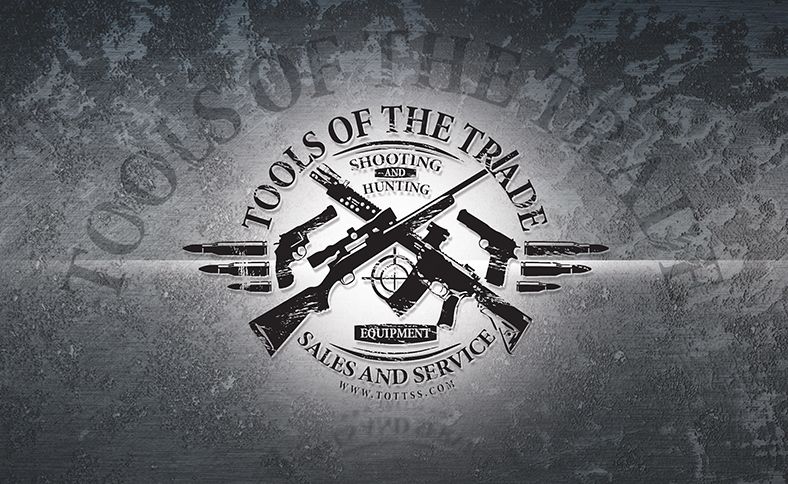By Kristin A. Goss
The Supreme Court is poised to forbid cities and states from banning handguns, bringing an anticlimactic end to a political firefight that petered out decades ago.
Court-watchers expect the ruling in McDonald vs. City of Chicago to have little immediate policy impact outside the Windy City. And the ruling is unlikely to alter the policy agenda of gun control advocates, who haven’t pushed handgun bans for 30 years.
But the ruling could open the door for a long-overdue public reckoning about the place of firearms in civil society. Such a debate is especially timely as gun rights advocates increasingly exert their political muscle by staging armed “musters” — or assemblies — in national parks and by openly carrying pistols to public meetings, to legislators’ offices, even to Whole Foods and Starbucks.
For decades, gun politics has been fought on two battlefields: a policy battlefield and a cultural one.
On the policy battlefield, gun control and gun rights advocates have sparred over issues such as background checks on gun purchases and protocols for granting permits to carry concealed weapons. Each side assembled favorable data, studies and analysis, all of which mattered very little because the real battle — the one that influenced political decisionmakers — was occurring on the cultural battlefield.
To date, gun rights forces, led by the 4-million-member National Rifle Association, have dominated that battle. Many base their civic identity on the belief they alone can save American democracy from the designs of power-mad politicians backed by an easily swayed populace.
The pistol-packing patriot narrative hinges on a core argument: that any gun regulation, no matter how modest, is one step down a “slippery slope” to inevitable tyranny. With unwitting help from early gun control supporters, who advocated handgun bans as the only sensible approach to spiraling crime rates, the slippery slope argument by the 1970s had become gun rights advocates’ political trump card.
Then and today, gun-control forces have countered the NRA’s cultural narrative with arguments rooted in crime data, moral outrage and seemingly self-evident truths about the connection between gun proliferation and lethal violence. But gun-control forces have not really engaged the pistol-packing patriot narrative with a counter-narrative rooted in civic values. They have tried to fight a culture war without a cultural identity.
Enter the Supreme Court. Two years ago, in District of Columbia v. Heller, the court invalidated Washington’s 33-year-old handgun ban. The court found it is an individual’s constitutional right to possess a gun in the home for self-defense — but left open the possibility that an array of existing gun regulations would be perfectly constitutional.
If in the McDonald case the justices follow the Heller reasoning, they will erect a constitutional wall halfway down the slippery slope. By protecting gun possession, the court will strip gun rights advocates of their road-to-tyranny narrative.
By endorsing a constitutional right to bear arms for self-defense, the court will have delivered a moral victory to gun rights advocates. But by leaving open the possibility for gun regulation in a free society, the court will also have created space for a values-based debate long precluded by the trump card of tyranny. Let’s have that discussion.
Kristin A. Goss is assistant professor of public policy and political science at Duke University and author of “Disarmed: The Missing Movement for Gun Control in America” (Princeton University Press, 2009).

